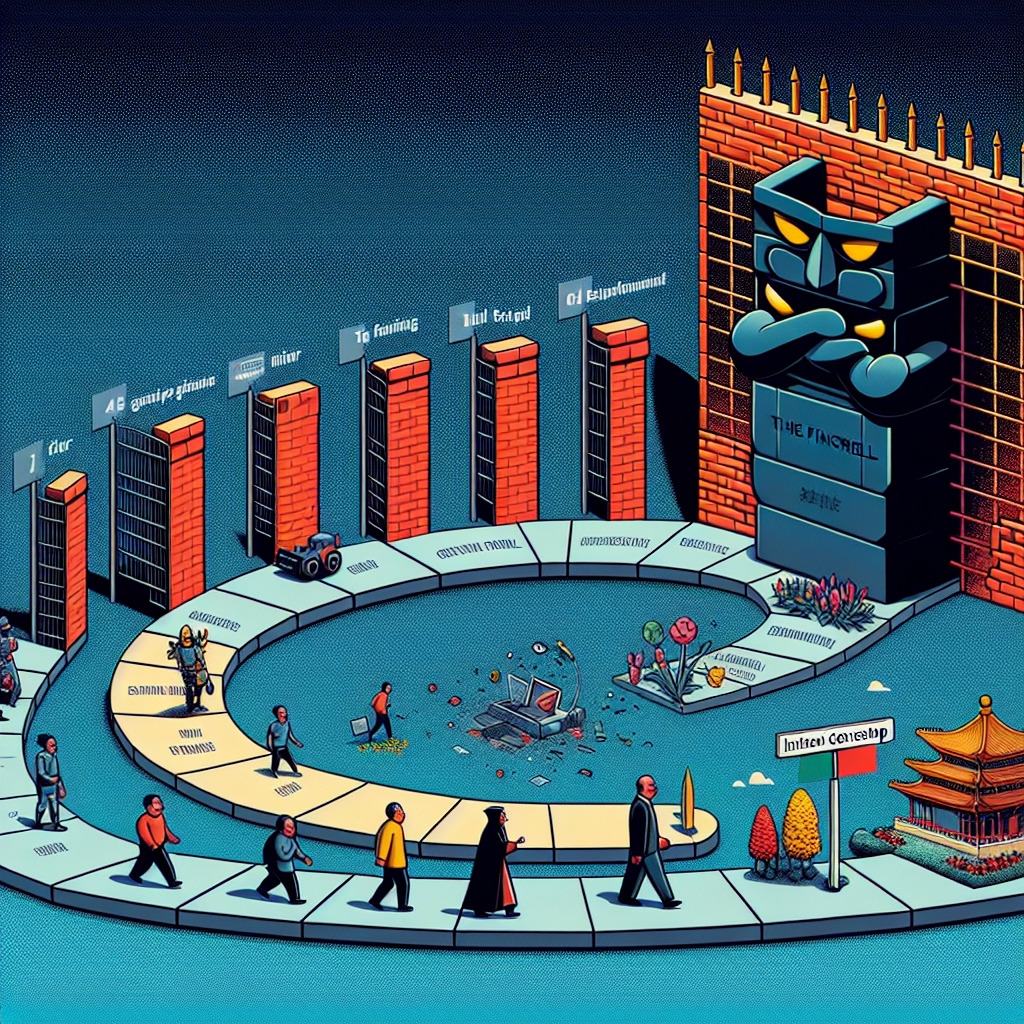Internet censorship has been a hot topic in recent years, with many countries implementing strict controls over what their citizens can access online. From the Great Firewall of China to the Arab Spring, governmental control over the internet has had far-reaching implications for freedom of speech and democracy.
In China, the government has long maintained tight control over the internet through its Great Firewall, which blocks access to certain websites and censors content that is deemed politically sensitive. This has led to widespread criticism from human rights groups who argue that it stifles freedom of speech and limits access to information.
During the Arab Spring uprisings in 2011, governments in countries like Egypt and Tunisia tried to quell dissent by shutting down internet access and blocking social media sites. This move backfired, however, as protesters found ways to circumvent these restrictions using tools like virtual private networks (VPNs) and encrypted messaging apps.
The implications of internet censorship for democracy are clear – when governments control what their citizens can see and say online, it becomes much harder for dissenting voices to be heard. This can have serious consequences for political discourse and accountability.
Fortunately, there are ways for individuals to circumvent internet censorship and protect their freedom of speech online. Tools like VPNs, Tor browsers, and encrypted messaging apps can help users bypass government restrictions and communicate securely with one another.
As we continue to grapple with the challenges of governmental control over the internet, it’s important to remember the importance of freedom of speech and expression. By staying informed about these issues and utilizing available circumvention tools, we can work towards a more open and democratic online world.

Leave a Reply